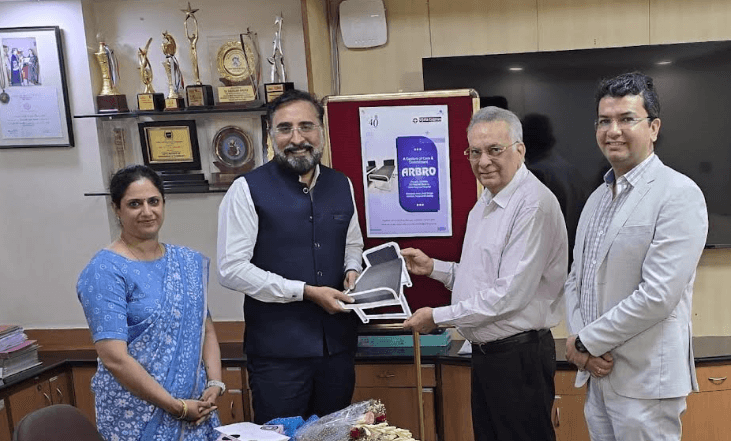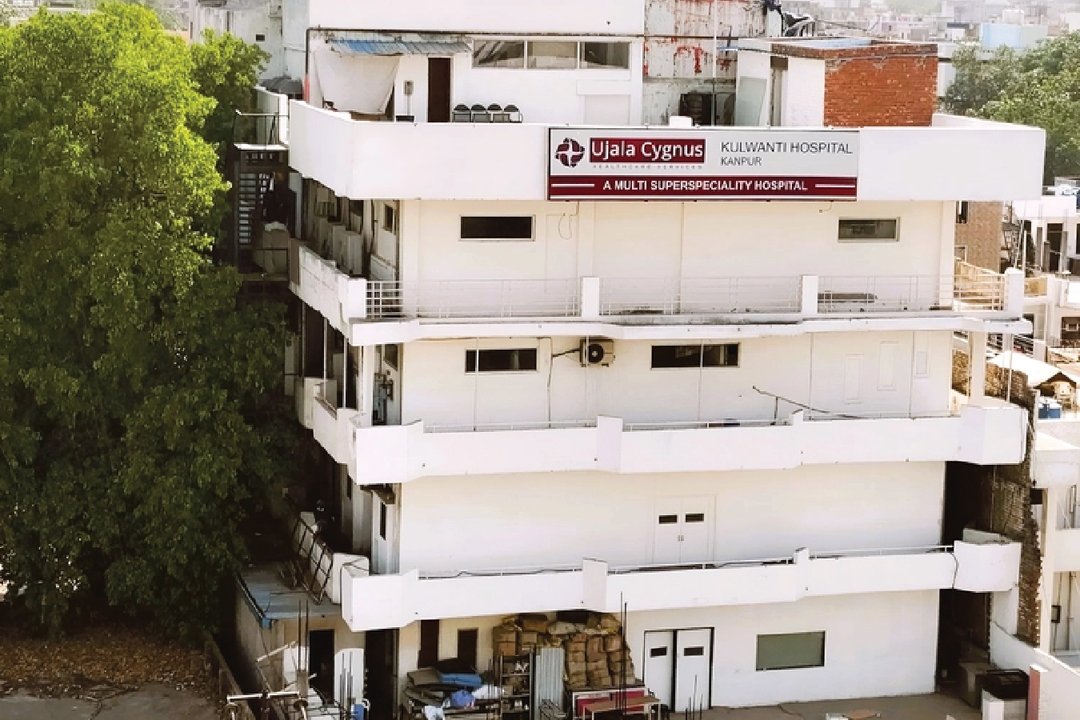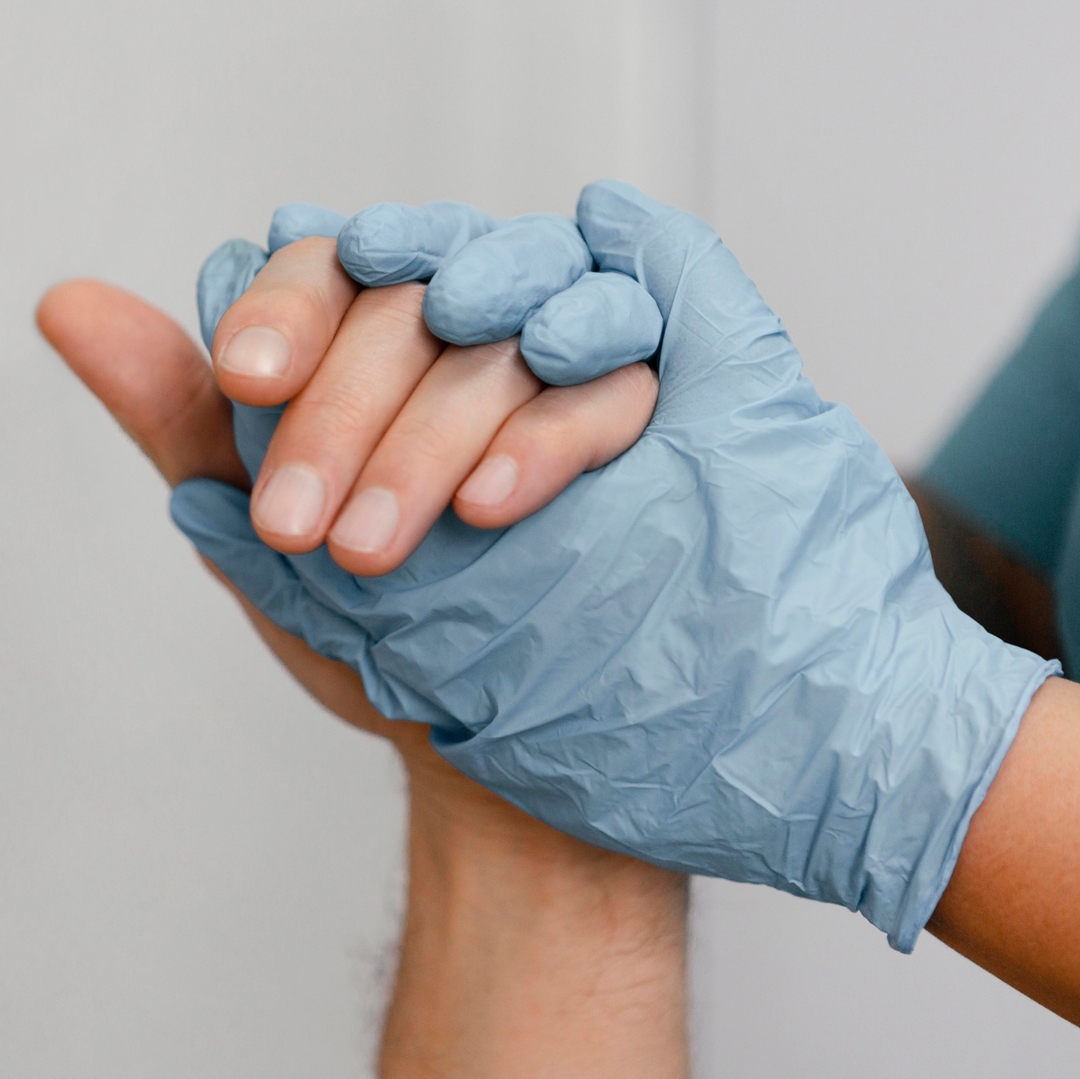
Frequently Asked Questions About Dengue Fever
By Ujala Cygnus
Reviewed by : Jalaz Jain
May 14, 2022
Dengue fever, commonly known as breakbone fever, is an infection spread by mosquitos that can cause a severe flu-like illness. It is spread by Aedes mosquitoes and is caused by four distinct viruses.
Dengue virus is the name of the virus that causes the disease (DENV). There are four different DENV serotypes, and you can infect the virus up to four times.
In some Asian and Latin American nations, severe dengue fever is a primary cause of serious illness and death. It needs the intervention of medical personnel.
Even though most DENV infections are mild, DENV can induce an acute flu-like infection. In some circumstances, severe dengue fever can be fatal.
It is the peak time of Dengue Fever, and to learn more about it, you can read our blog Do You Know About Dengue Fever?
Let’s look at some of the common queries related to dengue fever.
What causes dengue fever?
Humans are infected with dengue viruses by mosquito bites from infected Aedes species (Aedes aegypti or Aedes albopictus). Dengue fever is a prevalent source of sickness in high-risk areas, affecting more than half of the world’s population.
Is dengue fever a serious disease?
1 in 4: About one out of every four people infected with dengue fever will become unwell. Dengue fever symptoms can range from mild to severe. Within a few hours, severe dengue can be life-threatening, necessitating hospitalization.
What are the warning signs of dengue?
Warning signs of dengue include:
If you and your loved ones have any signs or symptoms of dengue fever, get free teleconsultation with our expert doctor at 88569-88569 .
What is the best treatment for dengue fever?
Dengue fever has no specific treatment. If you suspect dengue fever, take acetaminophen-based pain relievers and avoid aspirin-based medications, which might increase bleeding. You should also get enough rest, drink plenty of water, and consult your doctor.
You can read our this blog for Get an In-depth Knowledge About Dengue Treatment
How is dengue fever diagnosed?
If a dengue infection is suspected, a blood test will be performed to check for the virus. A tiny needle is used to draw a blood sample from a vein in your arm during a blood test. The sample is then taken to the lab to examine under the microscope and confirm the diagnosis.
What are the three stages of dengue fever?
After a typical incubation period of 5–7 days, dengue fever hits, and the illness progresses through three stages: febrile, critical, and convalescent.
Ujala Cygnus Healthcare Group has 16 hospitals. Kanpur, Rewari, Kashipur, Varanasi, Sonepat, Panipat, Kurukshetra, Nangloi in Delhi, Rama Vihar in Delhi, Kaithal, Bahadurgarh, Karnal, Moradabad, Haldwani, and Agra.
You can book an appointment at your nearest Ujala Cygnus Hospital for any health issue treatment. For any query, you can give a missed call on 88569-88569 and get a free consultation over the phone .
Loading...









